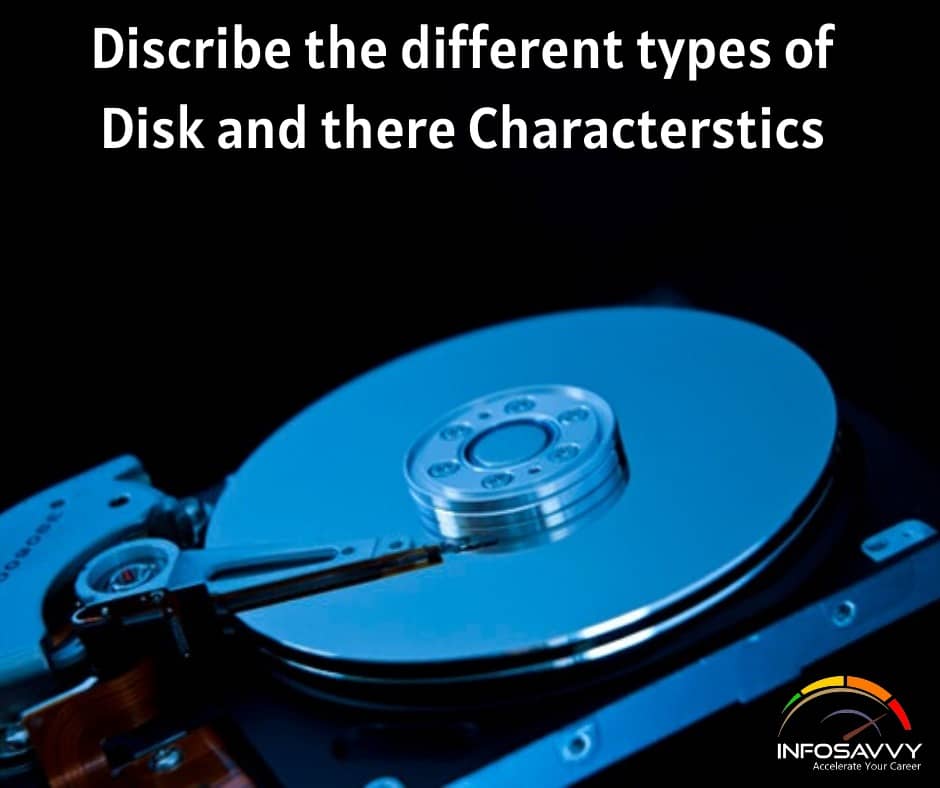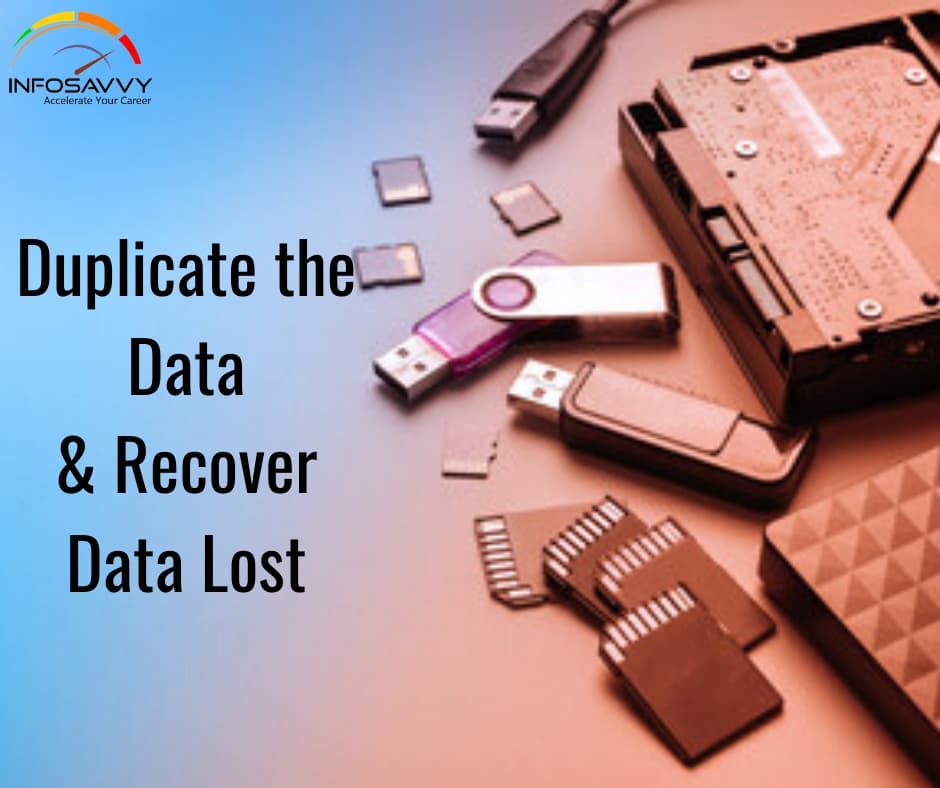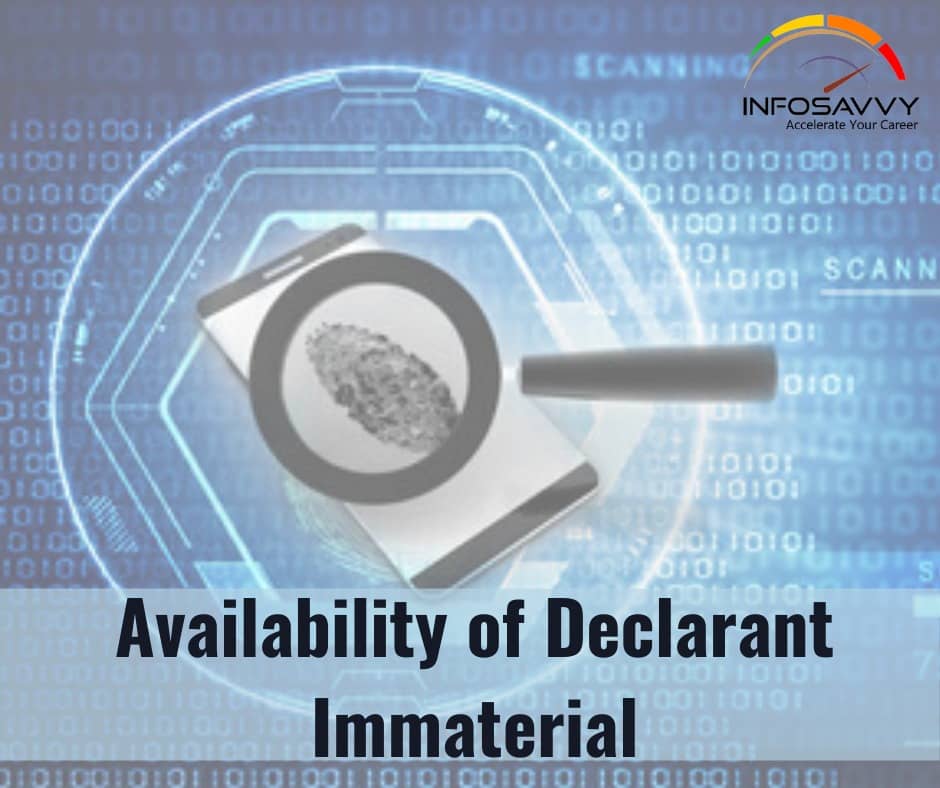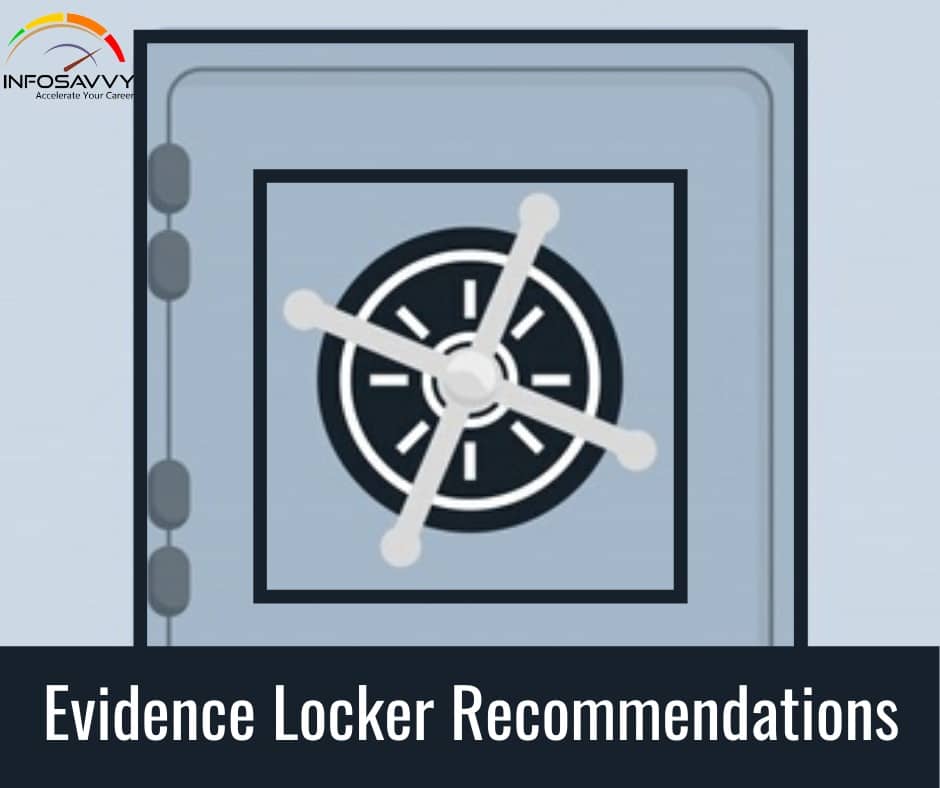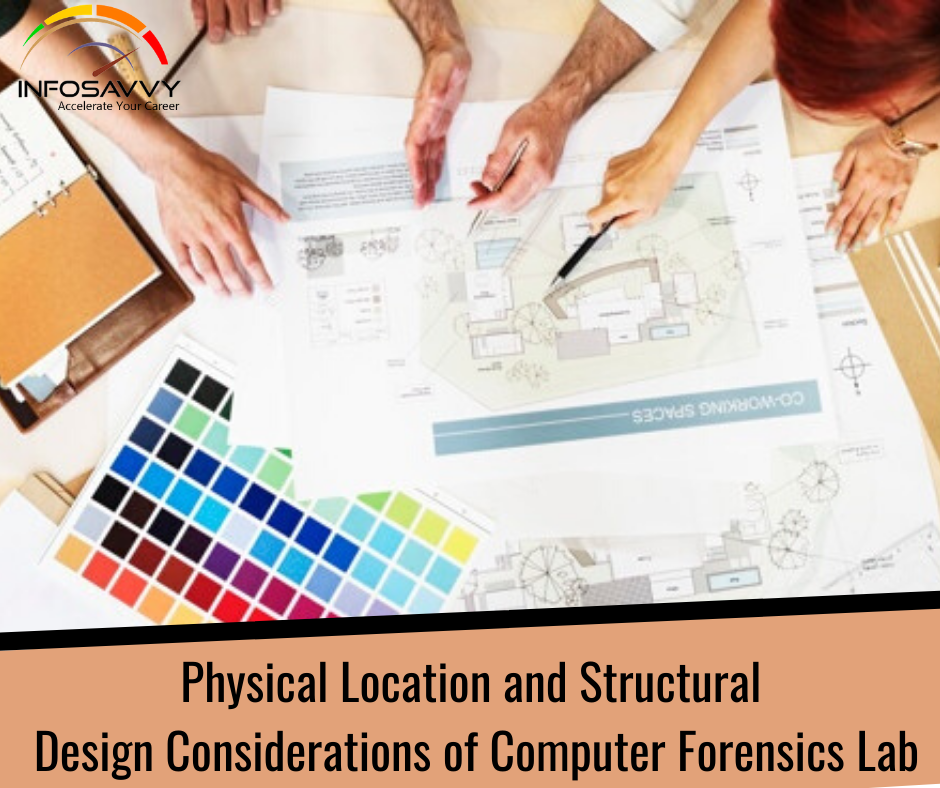Discribe the different types of Disk and there characterstics
In thisarticle explain Discribe the different types of Disk and there characterstics & uses. Disk Drive is a digital data storage device that uses different storage mechanisms such as mechanical, electronic, magnetic, and optical to store the data. It is addressable and rewritable to support changes and modification of data. Depending on the type of media and mechanism of reading and writing the data, the different types of disk drives are as follows: Magnetic Storage …
Discribe the different types of Disk and there characterstics Read More »

